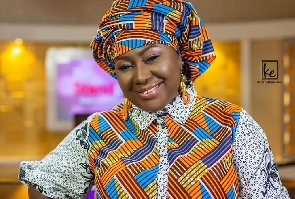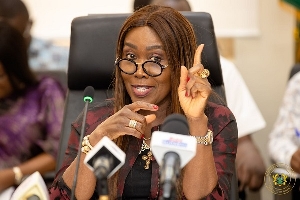Religion of Sunday, 1 July 2012
Source: Owusu-Ansah, Emmanuel Sarpong
Thought for the Week: Free Will
In the religious world, it is almost always the case that when a person ‘manages’ to live a good moral life, his/her object of worship gets the credit for granting them the strength and blessing to withstand temptation and to live that righteous life. However, when he/she fails to walk the path of righteousness, they, and not their object of worship, are blamed and held responsible for their bad deeds.
So is there any such thing as freedom of the will? Is this whole concept of free will not humankind’s desperate attempt to ‘sanctify’ their objects of worship (the divine) by exonerating or distancing them from the evil that humankind does?
But there is a huge question-mark if we contest the theory of free will.
If we perceive that the acts or deeds of humankind are, in reality, the acts of the Supreme Being, then we are also implying that all corrupt activities of politicians and people in positions of authority, all brutality, and in fact all evil are His works. Hence, evil doers such as murderers, corrupt leaders, thieves, etc. should not be criticized, blamed or punished; as it would be unjust for our just creator or object of worship to set us on whatever path He chooses, and then punish us for our bad deeds when we indeed couldn’t have altered His design.
But if humankind is indeed responsible for their actions (both good and bad), then why do religious people praise or give the credit to the Devine when a person performs good deeds, and not the person himself/herself?
It is very probabaly the case, that humankind is responsible not for all, but some of their deeds/actions.
It may perhaps not be a huge error if one pronounces, that we are indeed responsible for our actions not necessarily because we have choices or are in control of our own lives, but possibly because that is what we are – beings responsible for our actions even if we couldn’t do otherwise? This way, we, to a considerable extent, leave our objects of worship out of the choices we make or do not make.
Emmanuel Sarpong Owusu-Ansah (Black Power) is an Investigative Journalist, a researcher and the author of Fourth Phase of Enslavement (2011) and In My End is My Beginning (2012). He may be contacted via email (andypower2002@yahoo.it).
Entertainment











